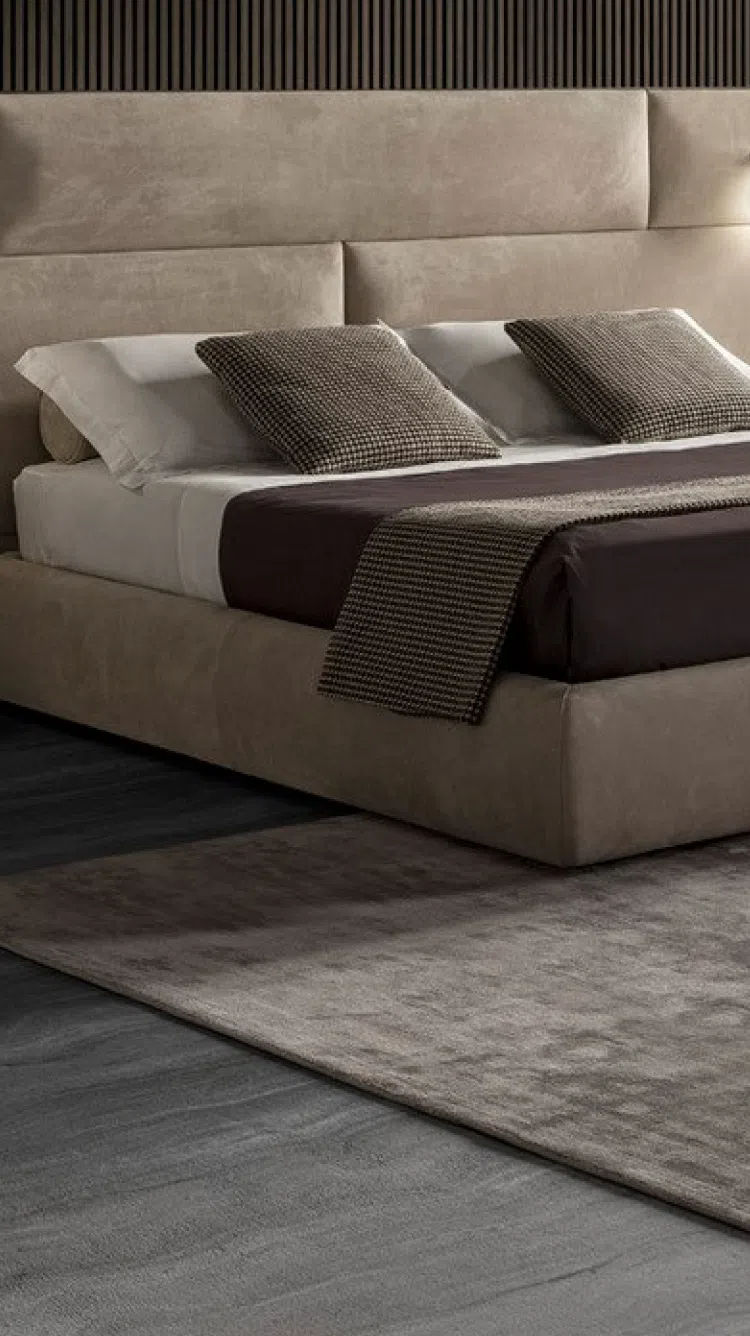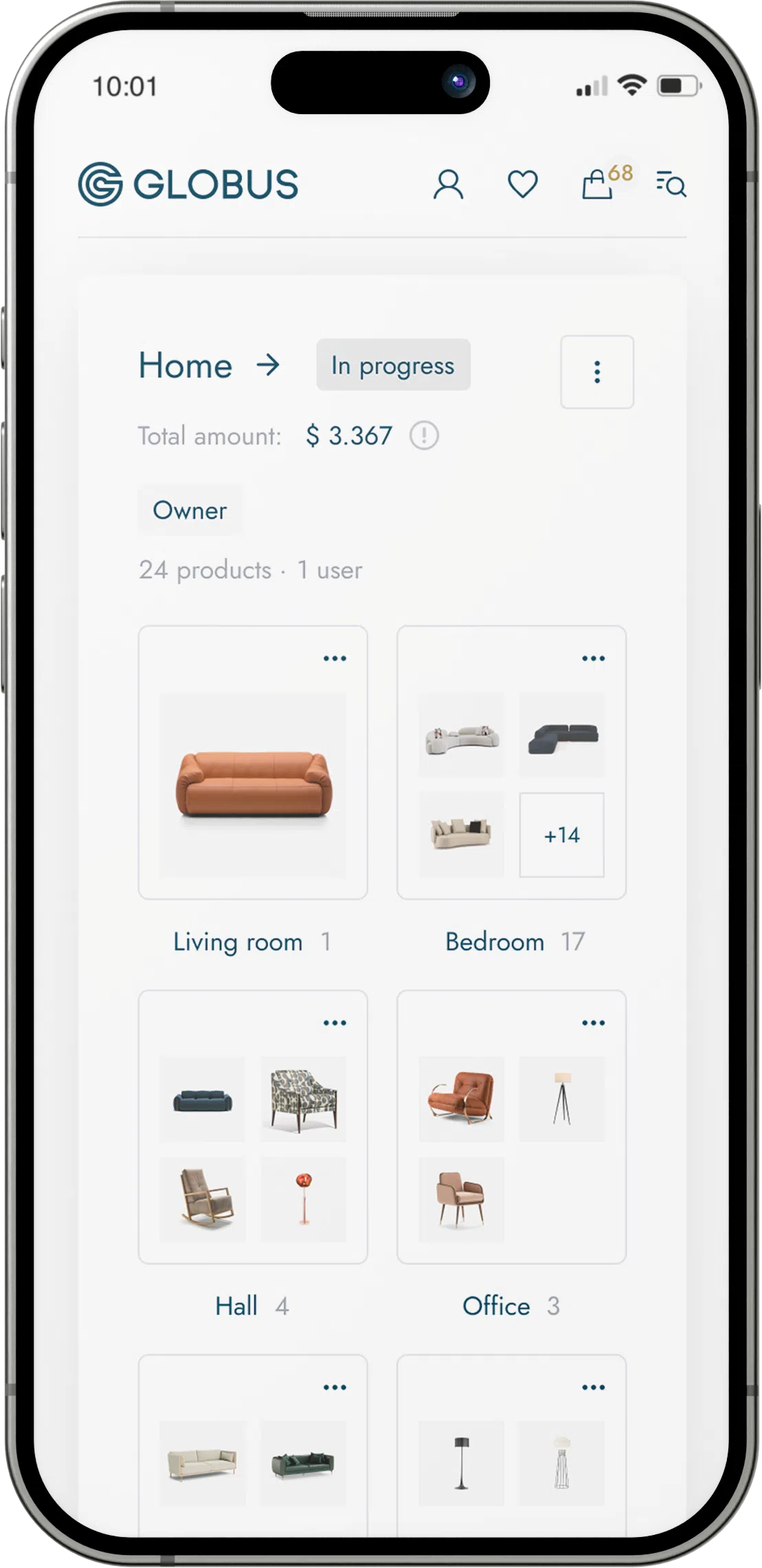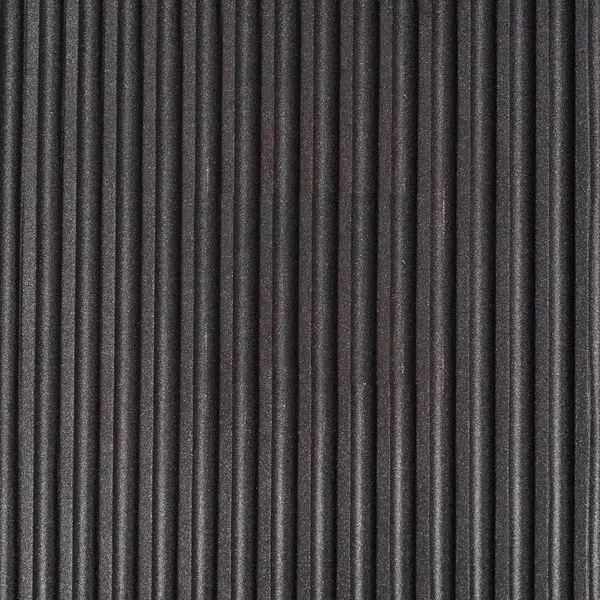Cast iron is a group of iron-carbon alloys with a carbon content greater than 2%. As a furniture material, it offers a unique blend of durability, resilience, and aesthetic expressions. Here are some key characteristics and considerations when discussing cast iron as a material used in furniture:
Durability and Strength: Cast iron is well-known for its strength and ability to withstand heavy loads, making it an excellent choice for furniture that requires a high degree of durability, such as outdoor benches, table bases, and bed frames.
Weight: Furniture made from cast iron is quite heavy, which can be a disadvantage if you expect to move it frequently. However, this weight contributes to the stability of the furniture, making it less prone to tipping or being blown over in windy outdoor environments.
Aesthetics: Cast iron can be cast in a wide variety of intricate shapes and designs. It's often used in ornate, vintage, and traditional furniture pieces. With the right finish, cast iron can take on an elegant or rustic appearance, making it suitable for many décor styles.
Maintenance: While durable, cast iron does require some maintenance to prevent rust, especially when used outdoors. Regularly applying a coat of protective wax or paint can help stave off oxidation. If rust does occur, it can often be removed with a wire brush and the area can be repainted.



